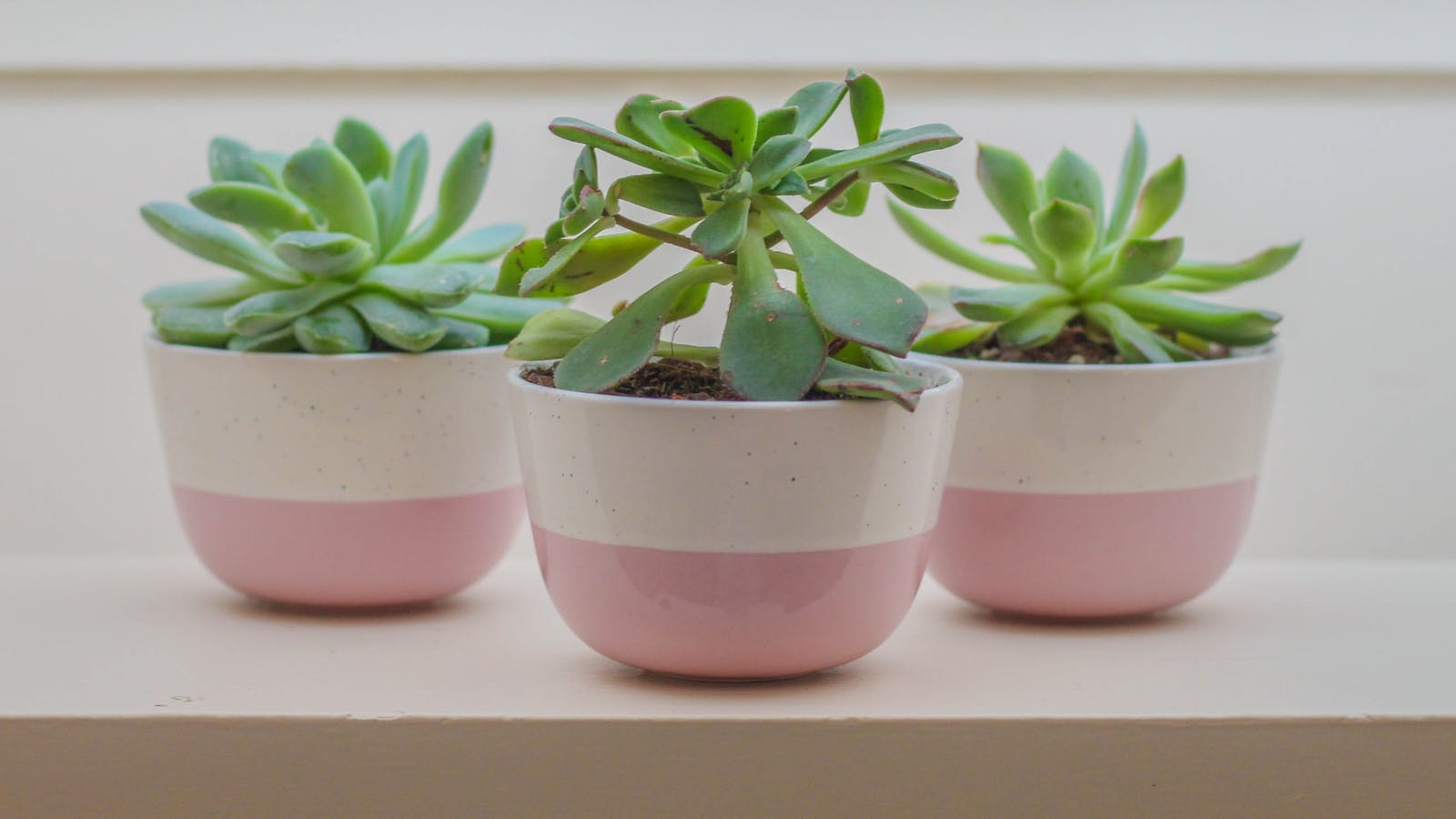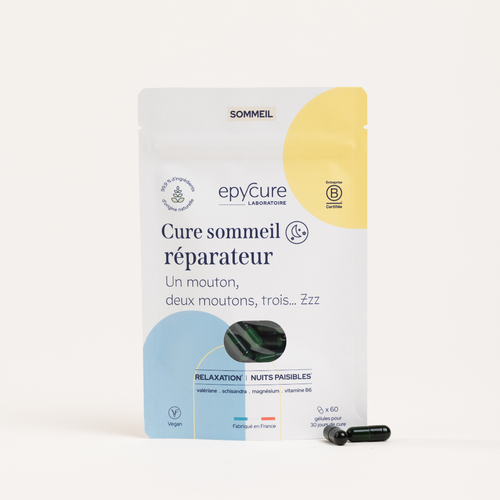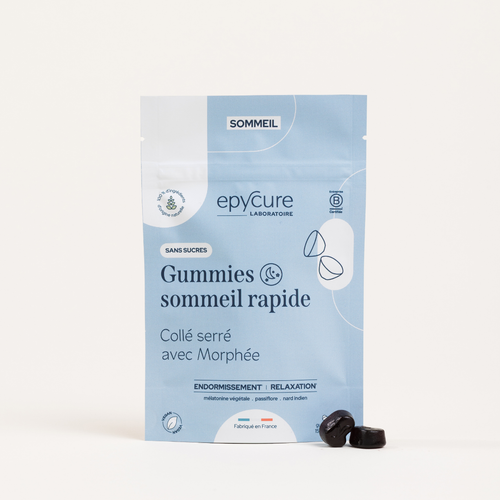Did you know that we spend about 25 years of our lives sleeping ?
For the lucky ones, sleep is automatic; they just need to rest their head on a pillow to fall into the arms of Morpheus. But unfortunately, we are not all equal when it comes to sleep : there are morning people and late risers, "light" and "heavy" sleepers , and finally , "good" and "bad" sleepers .
Although it is essential to get enough sleep, the quality of sleep is an essential factor in waking up rested and in good shape . Indeed, not listening to your body is the best way to lead to a general disruption of our health : concentration and mood disorders , reduced immunity , hormonal imbalance , difficulties with memorization and learning , etc.
According to the Ameli website, one in two French people will suffer from sleep disorders in 2022, a figure that has been steadily increasing for years.
For a very long time, man has praised the benefits of plants to remedy these disorders, certain plants have stood out and become very effective if they are used wisely.
Sleep disorders with various causes
Sleep disorders can appear for different reasons: stress , anxiety, heavy meals, intense physical effort before going to bed, physical pain, sleep apnea, worries and ruminations... The factors are multiple, which is what makes it one of the most common disorders in France .
Finding the cause of these disorders as well as their effects such as their frequency, duration, timing or even the way in which they manifest themselves - when falling asleep, through night waking or difficulty waking up - would allow you to target the most appropriate plant for your situation.
Herbal medicine is the most natural way to achieve a restful and deep sleep , thanks to it you can forget about restless nights and be healthier.
What are the best plants to help you get back to sleep?
Valerian
This plant, native to Europe, has been used since ancient times for its medicinal properties, including sedative, hypnotic, and calming effects . Several doctors have agreed on its benefits against sleep disorders , demonstrating its effect in treating insomnia and anxiety . Also called “catnip,” it is also traditionally used for nervousness and palpitations.
Its effect on sleep is recognized by major health organizations, although, as a precautionary measure, its use is not recommended for pregnant or breastfeeding women , for children under 12 years old and for people suffering from liver disorders . It can be consumed in the form of supplements but also in herbal tea, by decoction, by adding up to 9g of powder per day.
It is for its recognized effects that we have chosen to integrate it into our Peaceful & Serene Sleep Cure so that it can help you on a daily basis while facilitating its use.
Passionflower
Native to Mexico, its leaves are traditionally used for their sedative properties against insomnia, anxiety and palpitations . According to studies, it is the components, particularly alkaloids and maltol, which could be at the origin of the sedative and analgesic effect .
Many supplements are made from it, often in combination with hawthorn , another sedative plant. It is also possible to consume it as an infusion by letting it infuse for 30 minutes and then drinking it about 1 hour before bedtime.
However, its use is not recommended for pregnant and breastfeeding women and children under 12 years old .
No need to drink a herbal tea that will make you want to get up during the night because of a pressing need, you can find passionflower in our Fast Sleep Gummies .
St. John's Wort
It is one of the most studied plants for its benefits , its use for the treatment of depressive states and sleep disorders is widely recognized. It is its composition that makes it interesting, particularly due to the presence of plant melatonin . This hormone, often of synthetic origin, then becomes an ingredient of choice for the natural treatment of sleep disorders .
In oil for cutaneous application or in herbal tea, its effects are felt after 2 to 4 weeks of use. For easier use, you can also adopt our Fast Sleep Gummies where you can find St. John's Wort! It is, however, not recommended to use it in case of pregnancy or breastfeeding and for children under 6 years old , as a precautionary measure.
Hawthorn
In herbal medicine, its flowers are used for their virtues on sleep and heart rhythm disorders, nervousness or even palpitations . Traditionally used, it proves its sedative effects on mild sleep disorders by consuming up to 8g of its dried flowers per day.
However, its use is not recommended for pregnant and breastfeeding women and children under 12 years old .
Eschscholzia
Also known as California poppy, this plant is commonly used for anxiety, sleep disorders, and nervousness . The alkaloids naturally present in its composition help reduce stress . Found in herbal tea, decoction, and capsules, its use is recommended for insomnia and nighttime awakenings. However, it has contraindications for pregnant or breastfeeding women and for young children as a precaution.
Chamomile
In the form of oil, tea, extracts, chamomile is found in many recipes to combat sleep disorders . Used as a grandmother's remedy, its effects have, however, been proven in particular for its soothing, sedative and analgesic qualities . It is also interesting for its use because it is only in its form of essential oils that pregnant or breastfeeding women and children under 15 are contraindicated. In herbal tea, everyone can consume it.
Melissa
It has been used since ancient Greece as a remedy for stomach aches . Its use has expanded to include sleep disorders by relieving nervousness and anxiety . Since then, numerous studies have been conducted to scientifically prove its effectiveness, and have established its relaxing effect .
Its recommended dosage is 1.5 to 4.5 g of lemon balm powder, one to three times a day.
In the absence of evidence of safety, it is not recommended for pregnant and breastfeeding women, as well as for children under 12 years of age, to consume it.
Lavender
It is widely used in aromatherapy for people suffering from sleep disorders . It is thanks to the volatile compounds in its essential oil that its benefits can be exploited. Its use is therefore very easy: drops on the pillow, spray in the bedroom, in the bath, it can be placed wherever you want to feel soothed and ready to fall asleep.
Hop
In Europe, it is mainly used in beer production. In herbal medicine, hops have proven useful in relieving sleep disorders and nervousness thanks to their sedative and hypnotic properties .
For sleep disorders, it is recommended to consume 10g of it in herbal tea at least one hour before bedtime for its optimal effect. However, its use is not recommended for pregnant and breastfeeding women and for children under 12 years old as a precautionary measure.
Verbena
For centuries, it has been recognized for its medicinal properties against pain and stress disorders, sleep disorders and even for digestion . Its benefits in the treatment of sleep disorders have been studied and scientifically proven, particularly in improving the quality of sleep and stress . However, the use of verbena requires special attention, especially for pregnant or breastfeeding women, but also for its interaction with medications.
These plants then become a natural and non-habit forming alternative to chemical sleeping pills , while maintaining control over our sleep. You can find some of these plants in our food supplements, notably the Peaceful & Serene Sleep Cure as well as in our new product: Rapid Sleep Gummies to bring you peace and calm while maintaining the natural side that you are looking for so much .




